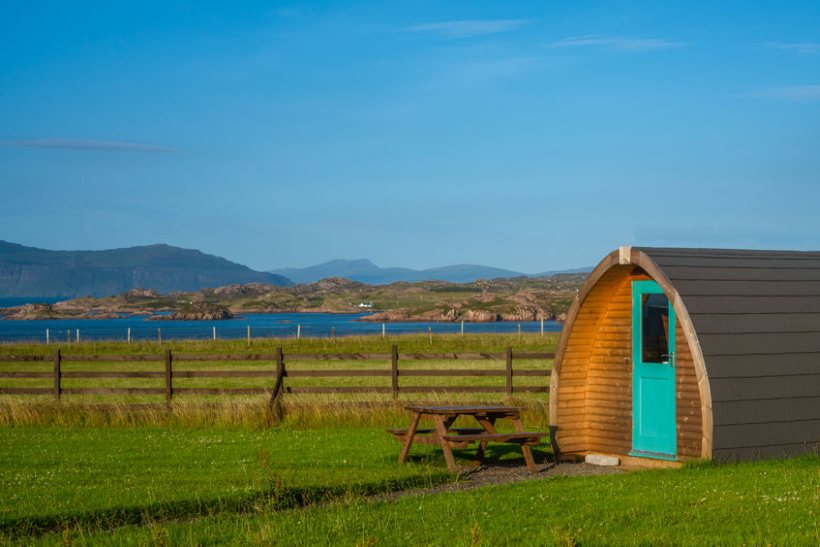Make rural tourism VAT cut permanent, CLA says

Cutting VAT from 20% to 5% for diversified farming businesses and rural tourism firms with a turnover of up to £500,000 would add £4.5bn to the economy, new analysis shows.
Covid-19 is estimated to have led to a drop of over £50bn in spending on domestic tourism, with rural tourism operators taking the major brunt.
This decrease is set to continue as bookings for February half-term and Easter are cancelled due to the pandemic.
Even once the sector opens again, the industry predicts that it will not return to normal as social distancing forces lower capacity rates.
The Country Land and Business Association (CLA) has suggested a permanent drop in VAT from 20% down to 5% as a measure to soften the blow.
The call has been made as the government prepares for this year's Budget announcement, which takes place on Wednesday 3 March.
The CLA highlighted that the UK's rate is far higher than in other countries, including France (10%), Spain (10%) and Greece (13%).
The group said it would also enable tourism firms to lower their prices to the public - leading to an increase in demand and more jobs being created.
A recent survey by the Cut Tourism VAT campaign found that a fifth of respondents said removing the temporary VAT reduction after 31 March would force them to cut 20% of their workforce, with a further 44% stating they would have to reduce employee numbers by between 5% and 20%.
This equates to 310,000 jobs, which is in addition to those who have already been made redundant in the hospitality sector.
Mark Bridgeman, president of the CLA, which represents around 5,000 rural tourism businesses, said the sector had been heavily impacted by the pandemic.
"With the tightening of restrictions over Christmas and the lockdown looking to continue through the February half-term, many holidays have been cancelled, resulting in a loss of business.
“We must do what we can to support small businesses during this time, and the VAT reduction provides a solution that will benefit everyone involved.
“The CLA sees this as a fundamental move in ensuring vital cashflow and maintaining business competitiveness in the longer term.”








